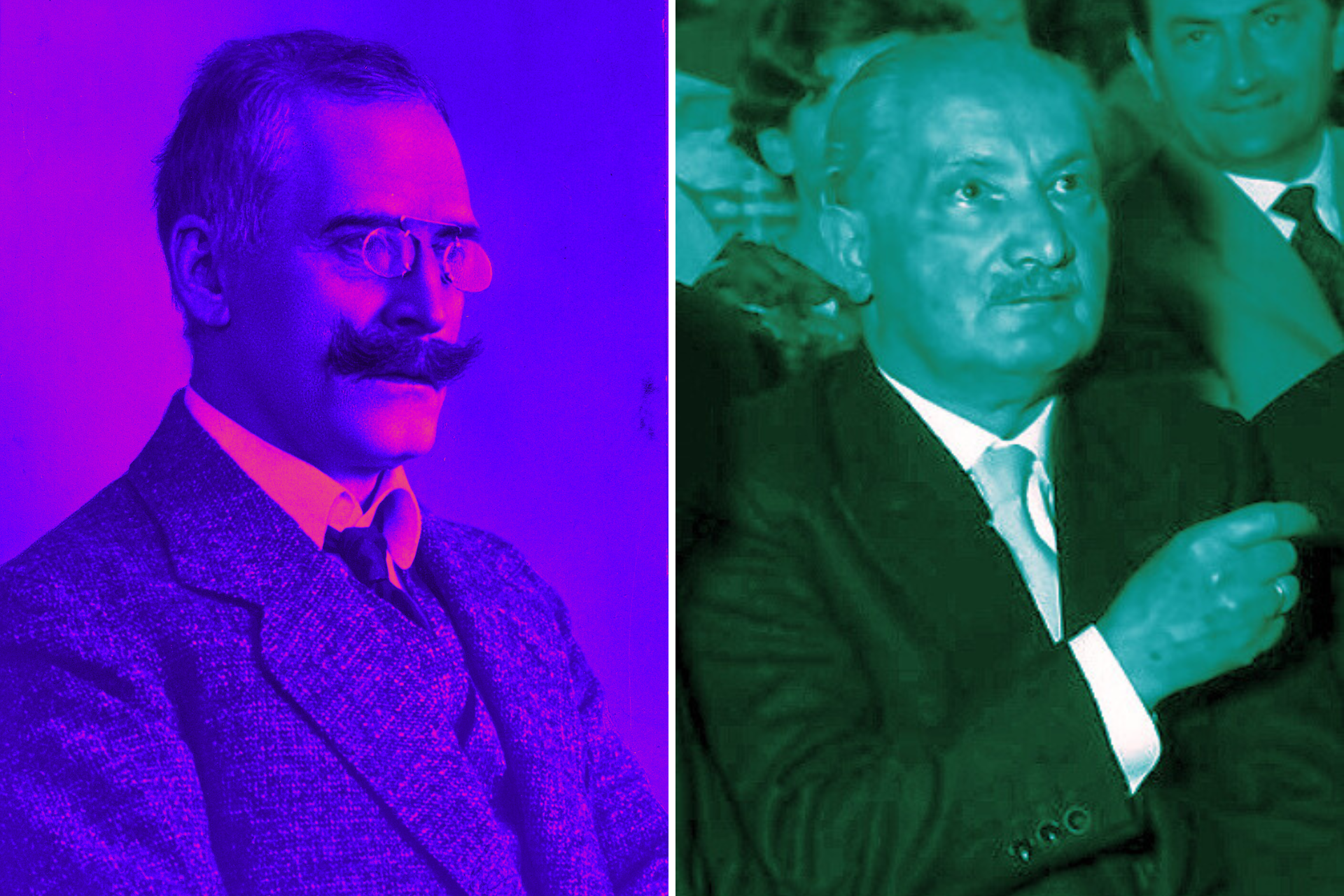In his “Serenity” speech, Messkirch 1955, Martin Heidegger addressed the challenges and dangers of the Atomic Age and the struggle between the Spiritual Thinking and the Accounting Thinking. AI is merely the continuation of the Atomic Age through other means and Heidegger’s observations are more pertinent than ever. Heidegger’s Creator is a being deeply rooted in the native soil. The creative language is the familiar language, the language of the terroir and of words, not of numbers. Ironically, in “Hunger”, Hamsun’s magical power allows him to suggest an infinite quantity of words with a simple four-digit number: 1848. To the thinking man, 1848 is an idea and an ideal. The accountant only sees what he thinks to be an error. The Accounting Thinking doesn’t think, it only calculates.
René Guénon treated the same subject in one of his best books, “Le Régne de la Quantité.” The Accounting Thinking seems to have won and, instead of living in Hamsun’s 1848, we live in Orwell’s 1984. The Accounting Thinking doesn’t reflect or contemplate, it runs away from thinking and merely wants to get the “job” done. The superior intellectual effort, Reflective Thinking, must be able to stop and wait, grow and become ripe: the theme of Hamsun’s “Growth of the Soil”. The Thinker-Creator must be allowed to grow towards the heavens – towards spirituality.
The Atomic Age, just like its AI byproduct, forced through the tyranny of the faster and cheaper nonstop methods of production. The intellectual and spiritual creative process had escaped the metallic jaws of the automatic monster. The arrival of AI and ChatGPT has blown up the defences of the intellectual creation. The AI monster has no quantity limits and can produce an infinity of texts. What it can’t produce is quality, emotions and readers. Hamsun and Heidegger saw the human being as a thoughtful and sensitive being: a thinker, not an accountant. The AI world is populated by rootless beings who have no Fatherland and no true language. AI is a World of Make Believe. The Real World is the world of the plough, of the soil, of the pen and of the sky: spiritual and cathartic. The Thinking Being must stick to his customs and traditions if he wants to defeat the thinking of industrial planning and of automatism.
Hamsun’s alter ego characters are completely free or know how to break free, whatever the cost: “I can always take to the ships” says the nameless hero of Hamsun’s “Hunger”. The Ocean, the eternal saviour, is always present in Hamsun’s novels. Is the AI era anti-human or is it humanity-compatible ?
How many of you remember your first encounter with AI? Mine was the Shuffle mode on CD players. What seemed to be an useful and playful feature meant in fact giving up control to the machine. The machine chose what music to play, not the human being. Heidegger’s advice is to slow down and take back control. The humans are not defenceless and lost if they are able to get rooted in a new Ground and Soil.
Is AI unavoidable?
Heidegger’s advice is to work not AGAINST, but WITH and DESPITE the machine. We must learn how to use AI and how to stop using AI. We must learn how to stay free by simply saying YES and NO, by simply learning to switch it ON and OFF.
Why use AI to reproduce Knut Hamsun’s voice? Because AI didn’t just create a voice out of thin air: what you hear is the real vibration of Hamsun’s voice. You hear the audio imprint of a real emotion. An enhanced emotion, given the fact that the original emotion is already codified in Hamsun’s written words. The emotion makes us human and thus superior to the AI machine. We can do whatever AI is capable of, yet AI can never feel an emotion. The emotion sets apart the Creator from the Producer, the work of art from the industrial product.
“In the beginning was the Act”? No, in the beginning was the Emotion: Kuboå…!

